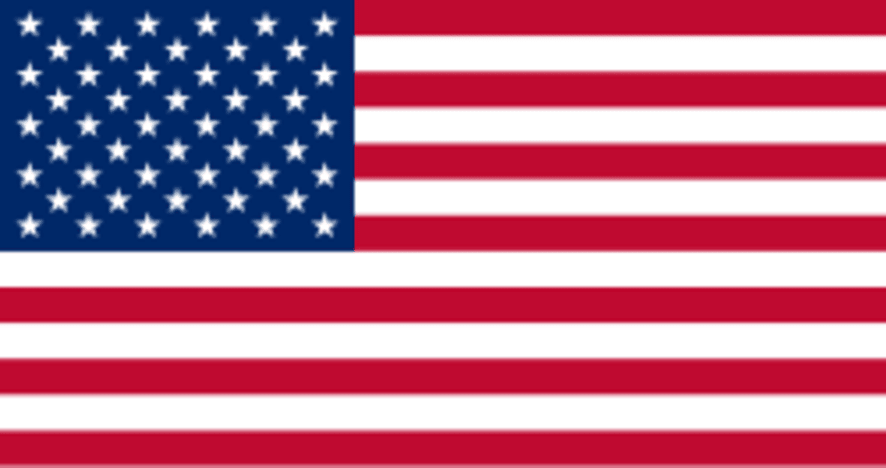United States consumer prices continued to climb in July, according to key economic data released on Tuesday, as President Donald Trump’s international tariffs started to impact costs for American consumers.
The Consumer Price Index (CPI), which tracks the price changes of a basket of goods and services, revealed that prices were up 2.7% in July compared with the same month last year. While inflation had eased in the spring, the annual inflation rate saw an uptick of 0.4% since April.
Although inflation remained stable between June and July, core inflation rose by 3.1%, accelerating faster than in June.
Food prices were a significant driver, with takeout and restaurant bills climbing by 3.9% over the last year, pushing overall food costs up by 2.9%. Prices for used cars, housing, and medical care also outpaced the overall inflation rate.
Energy prices provided some relief, falling by 1.6% over the past year, which helped to moderate the overall pace of inflation.
The latest report reflects the economic turbulence the country is facing, partly attributed to Trump’s controversial shake-up of its trade policy. Despite claims from Republican officials that the economy is “firing on all cylinders,” the data suggests that the tariffs imposed by Trump are starting to bite.
Although some tariffs only came into effect on 7 August, the 10% universal tariff, along with higher tariffs on industries like steel and aluminium, have been in place since earlier in the year.
Economists have warned that tariffs take time to impact consumer prices, with some retailers having stocked up on inventory to delay price hikes. However, the recent jump in prices suggests that companies, including major retailers like Walmart, Nike, and Macy’s, have begun passing on the higher costs to consumers, as they had previously indicated.
The tariffs have also had a more significant impact on the labour market than initially expected. Earlier this month, data revisions revealed a far smaller job market expansion than previously reported. The government had originally reported 291,000 jobs added to the economy in May and June, but the revised figure showed only 33,000 new jobs.
Rising prices places US Federal Reserve in difficult position
The rising prices and shrinking labour market have placed the country’s Federal Reserve in a difficult position. The central bank’s mandate is to maximise employment while keeping inflation under control.
Trump has heavily criticised the Federal Reserve, calling for interest rate cuts to stimulate economic growth. However, Federal Reserve officials have refrained from adjusting rates, citing ongoing uncertainty surrounding the economic impact of Trump’s tariffs.



